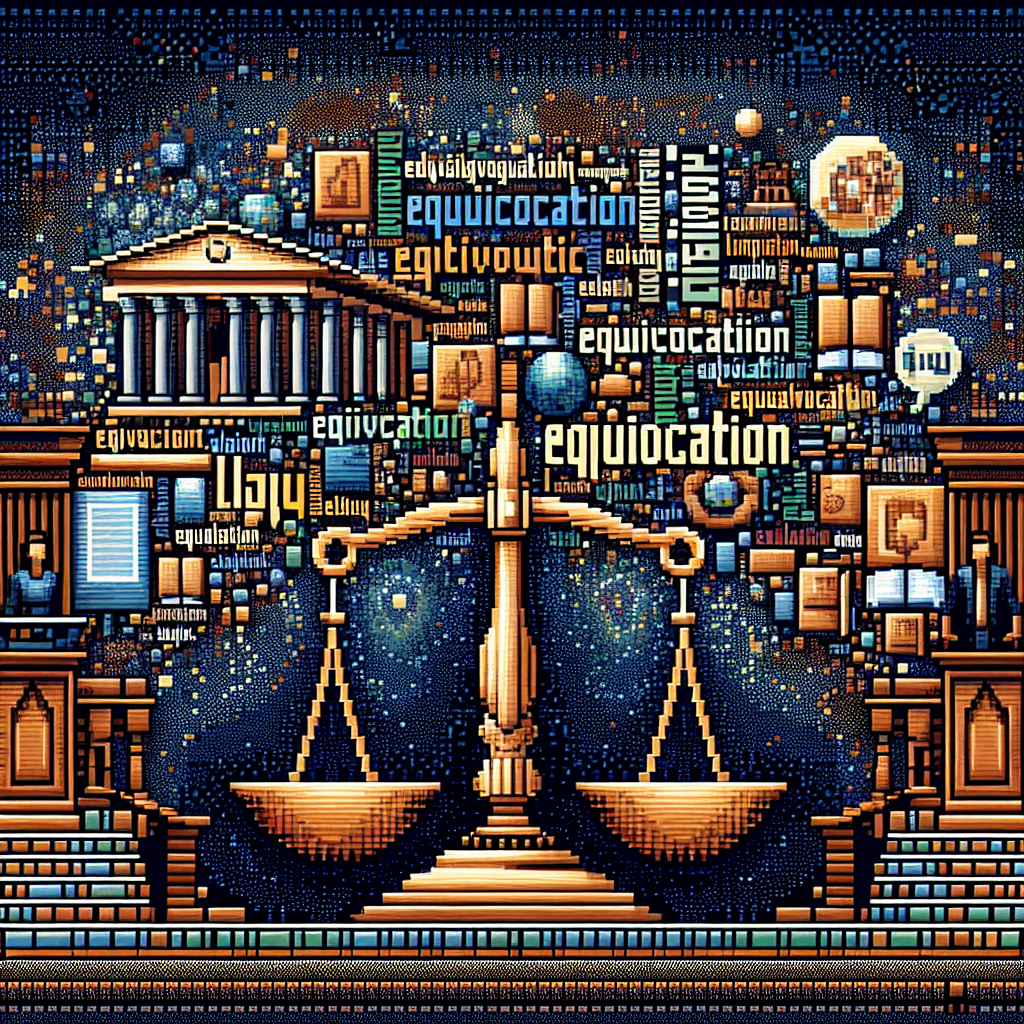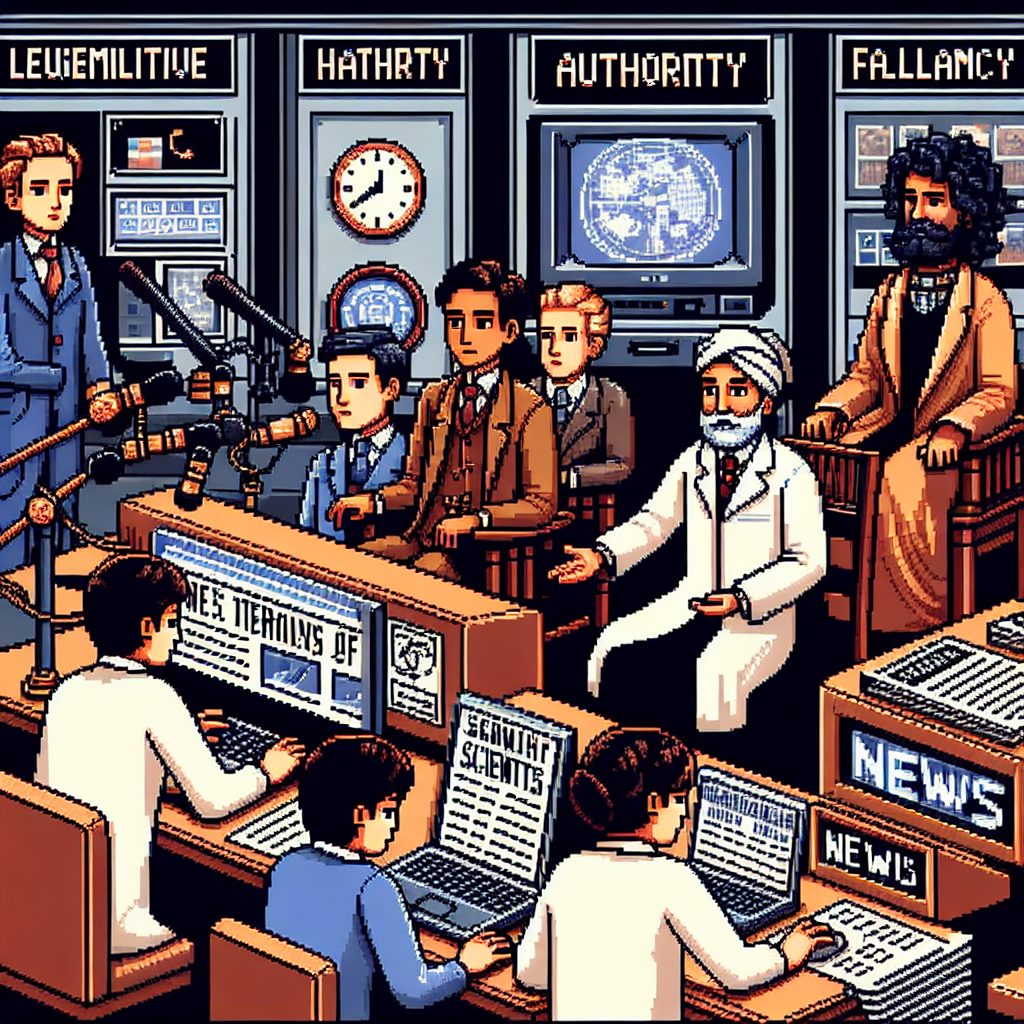Genetic Fallacy
Understanding the Genetic Fallacy Explanation of Genetic Fallacy The Genetic Fallacy arises when someone evaluates an argument based solely on its origins rather than its current context. This logical misstep occurs because an argument’s value is unfairly tied to its source, rather than its actual content or validity. Importance of Understanding Logical Fallacies in Argumentation […]









